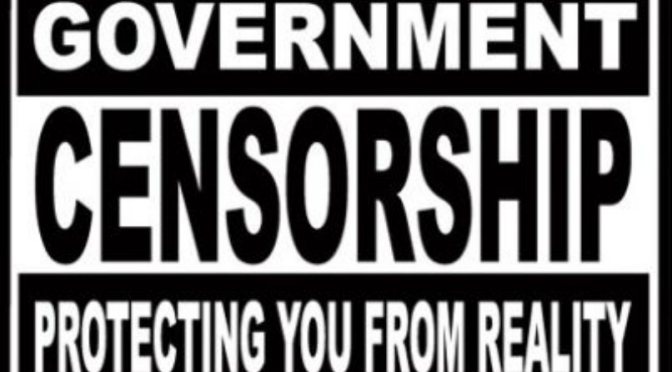Last December, a law – known as AVMS 2014 – was snuck into force without a parliamentary debate. This law had two aspects: one of which was largely ignored. The part that wasn’t ignored criminalised the distribution of porn stronger than the BBFC’s tame R18 classification. This effectively outlawed the depiction of acts considered beyond-the-pale by the British establishment, even though these acts are perfectly legal to carry out in private, and provoked the memorable face-sitting protest outside Parliament.
The aspect of AVMS 2014 that the coverage largely overlooked related to age verification, making it mandatory for adult video providers to confirm that each visitor is over 18 before allowing them to see any form of explicit image or video. Arguably, this part of the law was far more significant, but on the surface seemed more reasonable. This regulation has actually been enforced by ATVOD since 2010: the 2014 law merely strengthened the existing rules.
But demanding age verification by adult service providers has far deeper implications than might be immediately obvious, and ones that inevitably have implications for the existence of an uncensored Internet.
Excluding Adults
The first problem is that, whatever the means of age verification, there will be adults that cannot get through it. Current age verification solutions include: using a credit card; providing passport or driving license details; using a mobile phone that has already been age-verified. But many adults cannot provide any of these things, and furthermore many wouldn’t want to, for privacy reasons.







